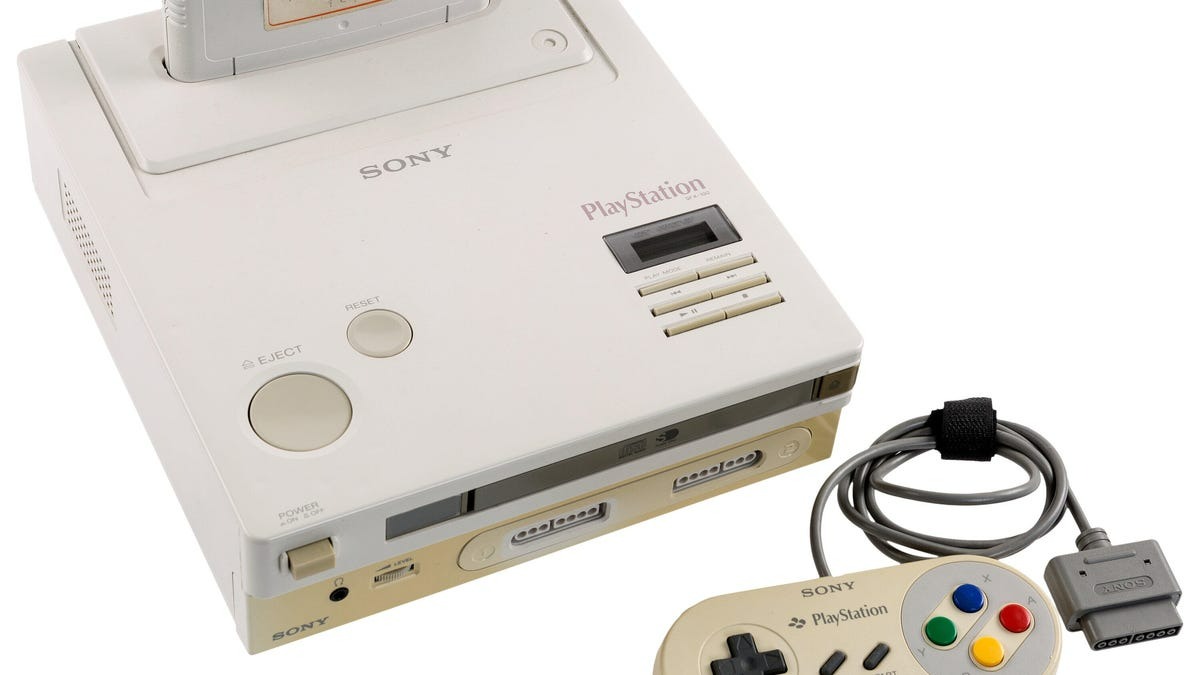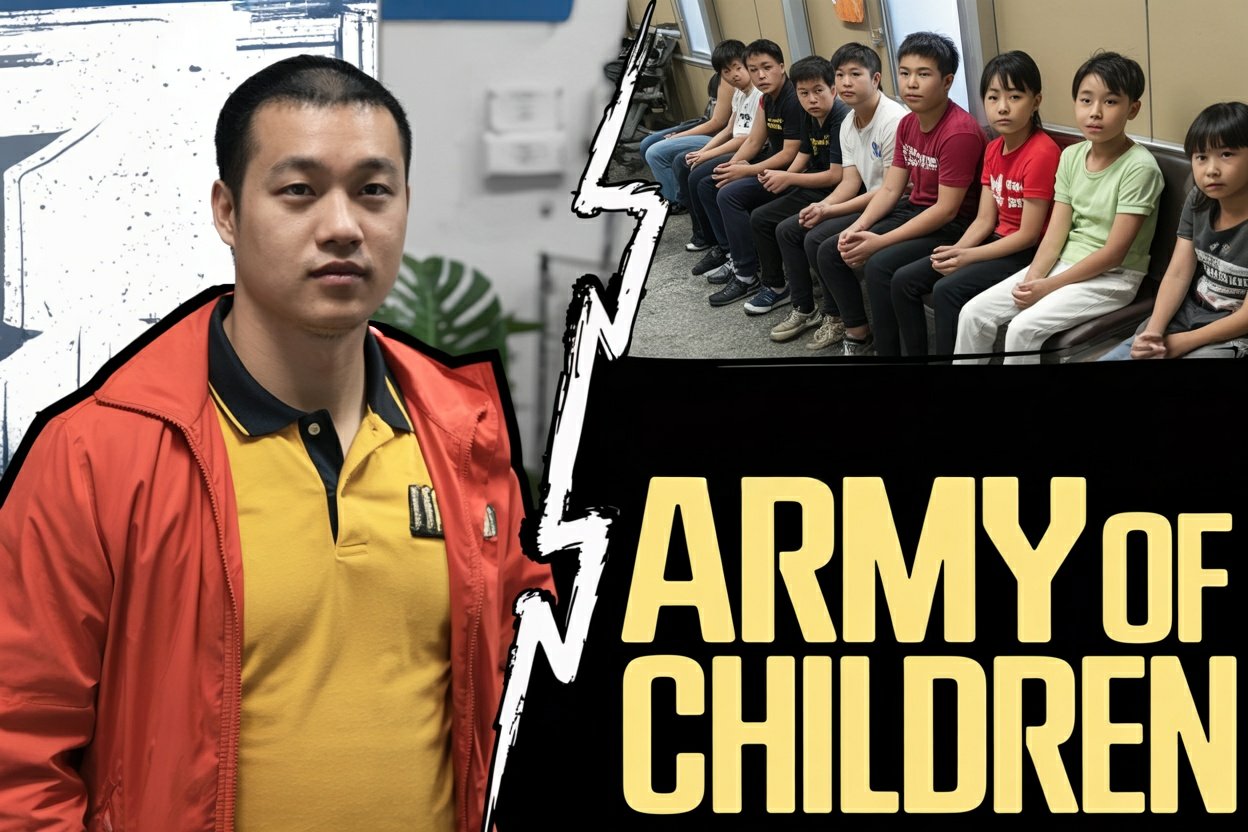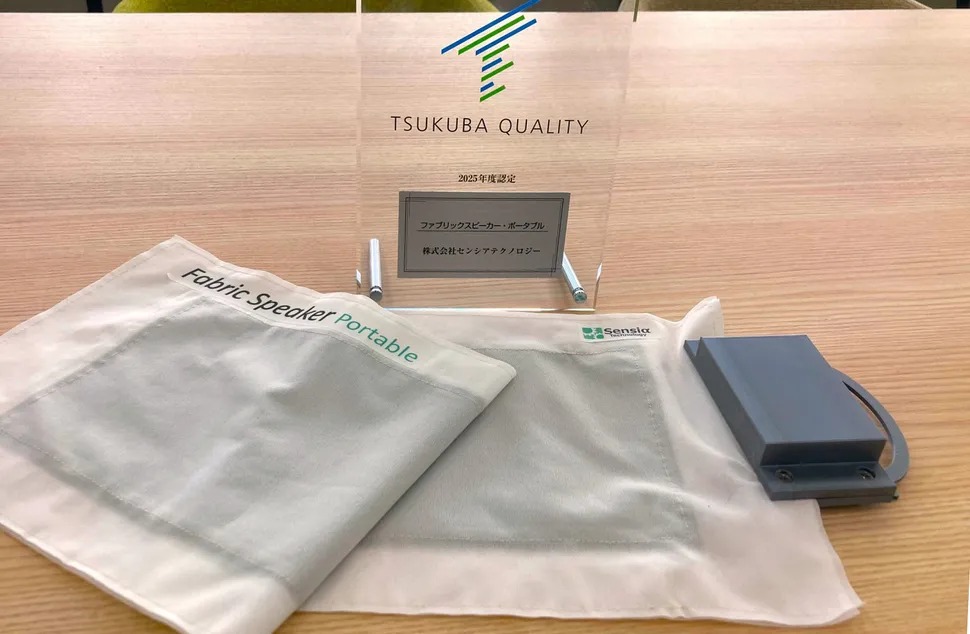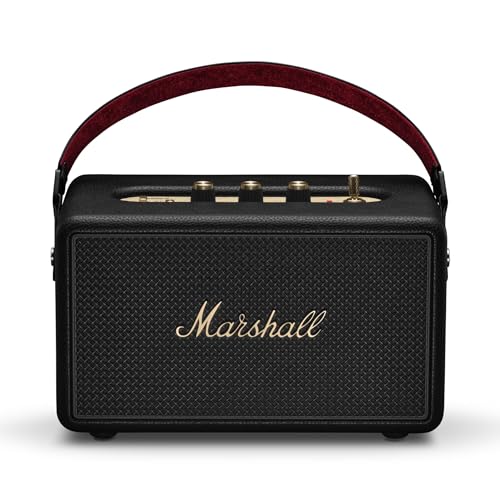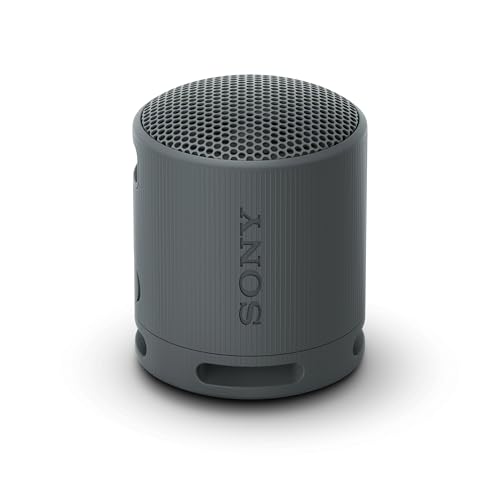That dusty Nintendo cartridge in your garage might fund a Tesla. A professionally graded Nintendo World Championships 1990 cartridge recently sold for $78,000—more than the median price of a new car in America. Some authenticated examples have commanded north of $100,000, with unverifiable rumors of sales reaching $660,000 for pristine units with tournament provenance.
The Holy Grail of Gaming Collectibles
The Nintendo World Championships cartridge wasn’t sold in stores. Only 26 gold units and roughly 100 gray versions exist, created exclusively for Nintendo’s 1990 gaming tournament. These cartridges contain custom minigame versions of Super Mario Bros., Rad Racer, and Tetris—essentially interactive time capsules from gaming’s golden age.
Professional grading services like CGC now authenticate these relics with the same scrutiny applied to rare baseball cards, transforming childhood memories into museum-quality investments.
When Corporate Failures Become Collector Gold
The Nintendo PlayStation prototype—born from Sony and Nintendo’s failed collaboration—carries an estimated value exceeding $300,000. Only one privately owned unit exists, representing the alternate timeline where PlayStation games ran on Nintendo hardware.
Meanwhile, Atari’s unreleased Cosmos console, featuring experimental holographic displays, remains “priceless” according to collectors. Fewer than five prototypes survive, making them rarer than most supercars and infinitely more historically significant.
Perfect Storm of Nostalgia and Investment
The retro gaming market exploded to $3.8 billion in 2025, with projections hitting $8.5 billion by 2033. Millennials with disposable income are chasing childhood memories while Gen Z discovers gaming history through TikTok archaeologists.
Authentication services legitimized the space, attracting serious investors who view rare consoles like alternative assets. Even “common” rarities like boxed Panasonic Q GameCubes now fetch $3,800—more than many used cars.
Your Attic Might Be Hiding Gold
Condition determines everything in this market. Mint-in-box examples with original documentation command premium prices, while worn units lose value fast. Event cartridges, prototype hardware, and limited regional releases top collector wish lists.
Before you donate that old console collection, research model numbers and check for unique labels—yesterday’s commercial failures are today’s investment opportunities.
Gaming hardware officially graduated from entertainment to asset class. Your car depreciates daily, but that “worthless” retro console gathering dust? It might just appreciate faster than your 401k.


